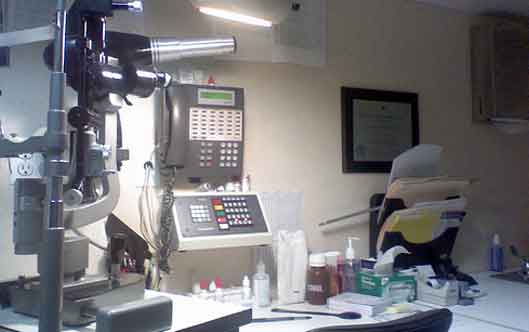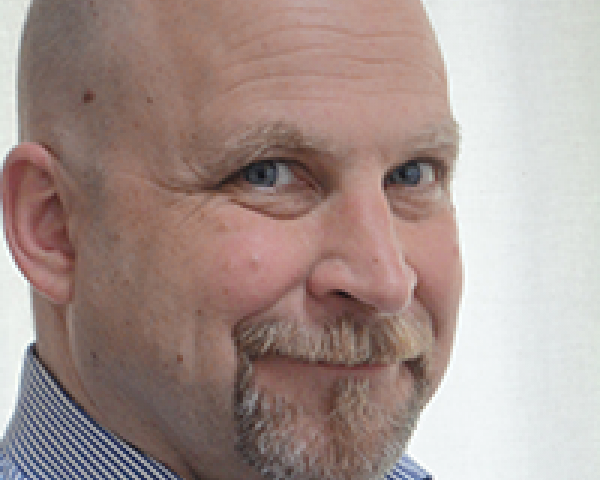Patient care as we know and expect it will diminish because of electronic health records (EHR) requirements. Society will suffer a slow degradation of artful interactive provider attention in deference to "data-field" medicine.
I am not simply referring to the very real and challenging issues in the technical application of EHR systems. Rather, I point out a more serious and insidious future threat to the actual human aura in medical practice.
There exists an unintended but real incentive for doctors and clinicians to consider task-completion as clicking through the data interface rather than interacting with and treating the patient. Legal requirements, reimbursements and potential penalties force EHR to top priority. In turn, clinicians as EHR users become more aware of and anticipate the truncated, template-driven and limited means of expressing case events via electronic reports. Therefore, their interaction with patients may be truncated.
I know this sounds callous and insulting to all good medical providers. To them, I say no insult is intended, and the fault of this perverse incentive is not theirs. They might honestly assess their experience and the actions of peers and associates within their practices given the advent of EHR. To providers, I ask: What about EHR might be sucking the creative life out of your optimal vision for the practice of your specialty?
My most stark encounter with this reality comes from a chance discussion with a longtime friend. She is a nurse practitioner who, for decades, has treated both ER and family-practice patients. As family friends, we never talk shop, and this particular conversation was not solicited by me. I politely asked, "How's it going?" and got a surprising, soul-baring burst of frustration.
She expressed disdain. She prides herself as a master of triage, symptom investigation, on-the-spot research and communication with involved family members, and she desires to take the wide approach to patient situations as a service to them and to the doctors or specialists who may eventually carry the case, but electronic records don't allow the narratives or collective points of data she would prefer. As such, her value is diminished, and the patient ultimately gets poor attention.
As she described her situation, I began to understand the rigid decision-tree "intelligence" in narrowing prompts for information based on how case records are initiated. She has persevered and found cumbersome work-around methods (such as editing previous fields to change next options, etc.) to combine or add issues or thoughts to a record beyond the template's desired straight line of thought. Unfortunately, she explained, taking extra time to do anything is neither advisable nor encouraged because of the volume of patients requiring care.
Quick Tip: The Want for Data Should Not Put the Cart Before the Horse
As a foreshadowing about healthcare in general, consider what the supreme focus on automation and data collection has done to workers' compensation. I have written extensively about the advent of electronic claim systems, over decades, reducing the adjusting job from that of an intelligent, intuitive personal-interactive specialist to the current task-level data entry clerk. We are now well into the post-paper-file generation of claim adjusters who know their job only as data-interface. Will medical clinicians meet the same fate when our current generation of providers, like my friend, move on? Will future clinicians, knowing only electronic records, assume that the decision tree of the EHR interface supersedes intuitive medicine?
Let's hope not. Unfortunately, a simple Google search for "problems with EHR" will not sit well with anyone who embarks on some research in this area.
In claim adjusting, as in medicine, we need to intelligently feed the hunger for data but rail against a perverse desire to let automation increase case volumes or assume the template is sacrosanct. I am certainly not against all the good that electronic medical records bring to the party. However, we must first let practitioners do their jobs, not let "data screen medicine" dumb down patient care.
Perhaps provider-run coalitions should dictate standards for ever-improving EHR frameworks and interfaces so their highest-quality, real-time nimble intelligence can be best captured in all patient events. I know at least one nurse practitioner who has a lot to say on that subject.






